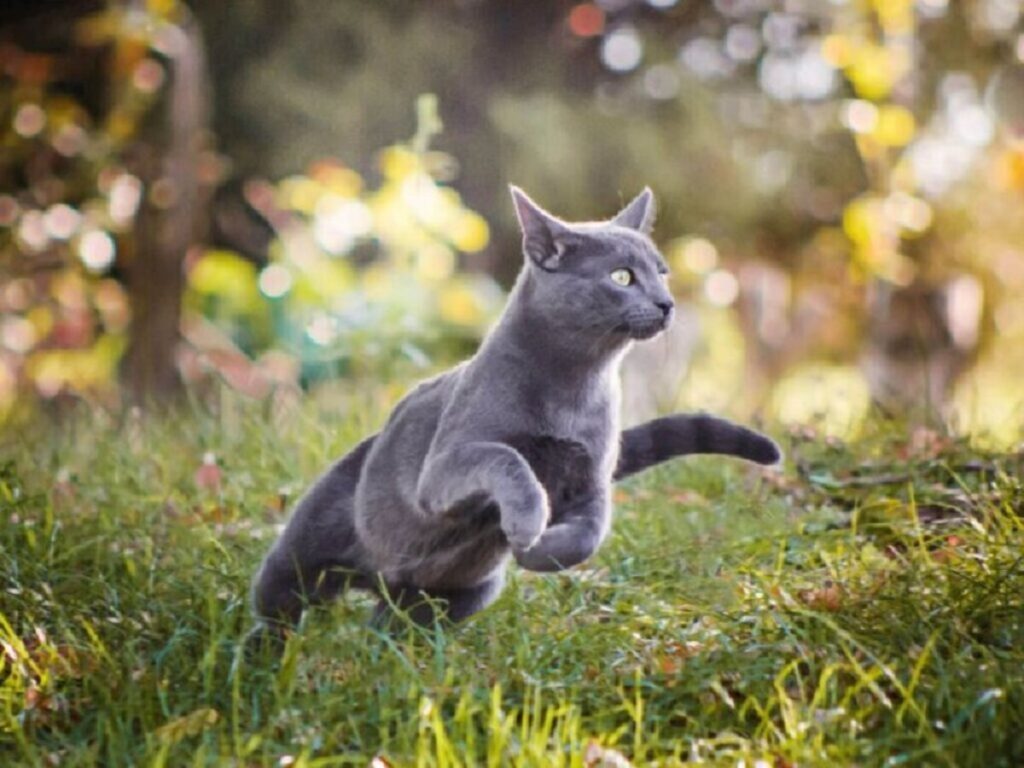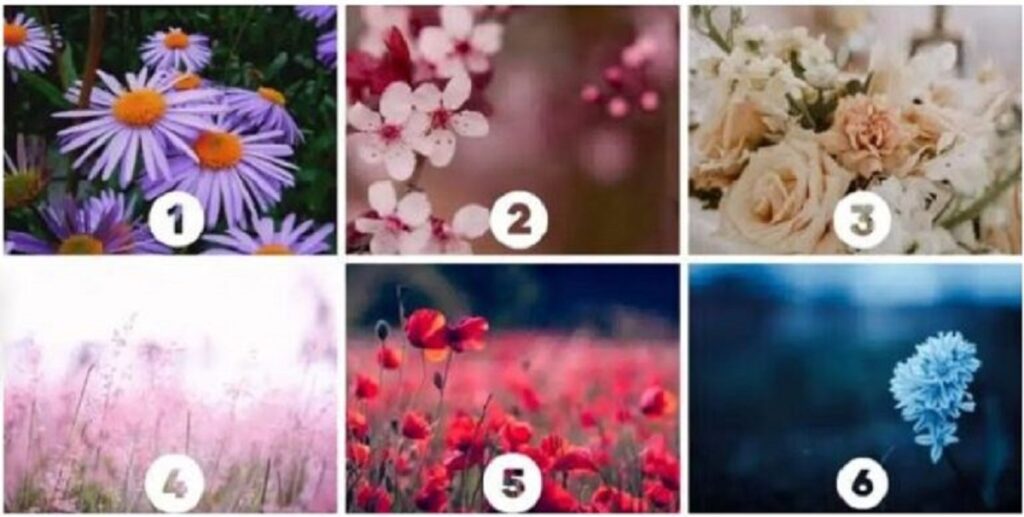In an era where our lives are dictated by connectivity through phones and the internet, the Lykov family’s extraordinary story of surviving for 40 years in complete isolation from the outside world is nothing short of surreal. Their remarkable existence in the heart of the Siberian wilderness serves as a profound reminder of how drastically life has changed in our hyper-connected age.
The Lykov Family: Living Off the Grid
Picture a life so far removed from modern conveniences that you have no access to phones, the internet, or even a simple letter. This was the reality for the Lykov family, who retreated into the depths of the Siberian Taiga, an expansive, secluded forest in Russia. Their journey into seclusion began in the 1930s when their patriarch, Karp Lykov, sought refuge from the oppressive Soviet regime following the tragic death of his brother at the hands of soldiers.
Together with his wife Akulina and their children Savin and Natalia, Karp forged a new life in the wilderness, completely severed from the human connections they once knew. For an astounding 40 years, the Lykovs thrived in isolation, living a life unheard of in today’s interconnected society.
An Epic Tale of Resilience
The Lykovs’ survival skills were nothing short of astounding. Living in their isolated homestead, they embodied a lifestyle rooted in incredible resilience and self-reliance. They fashioned their clothing from hemp and tree bark, while their diet was minimal, often leaving them teetering on the brink of famine. Their days revolved around essential activities: hunting for sustenance, cultivating crops, and reflecting on their cherished Bible, which provided both entertainment and spiritual guidance.
Even more remarkable is the fact that Karp’s children, Dmitry and Agafia, were born in the forest and knew nothing of the outside world. They were unaware of significant global events like World War II, and their entire comprehension of life stemmed solely from the confines of their secluded existence—a simple yet profound lifestyle that is hard for most of us to fathom.
When the Outside World Disrupted Their Isolation
The Lykovs’ tranquil way of life was unexpectedly disrupted in 1978 when a group of Soviet geologists discovered their homestead. For the first time in 40 years, the family was confronted with the outside world. While their story garnered significant curiosity from the Soviet authorities, the Lykovs chose to remain steadfast in their isolation.
Unfortunately, this decision came with heartache. Over the years, most of the family endured tragic losses, with Karp Lykov passing away at the age of 90 in 1988, leaving only his youngest daughter, Agafia, to carry on their legacy.
Agafia: The Last of Her Kind
Today, Agafia Lykov, the final surviving member of her family, remains in the Siberian Taiga. Though her life is now somewhat more comfortable than her family’s original existence, she continues to embrace a life of solitude and self-sufficiency. Agafia’s presence in the forest stands as a living testament to her family’s remarkable journey, characterized by faith, isolation, and an unwavering resolve to survive against the odds.
In a contemporary world where the drive for connection and technology often overshadows the essentials, the story of the Lykov family prompts us to reconsider what truly constitutes survival. Their extraordinary tale serves as a poignant reminder of the inherent value of simplicity and invites us to reflect on the excesses of our modern, technology-driven lives. Perhaps, in our hyper-connected existence, we should all pause to evaluate what we genuinely need to thrive versus what is simply superfluous.







